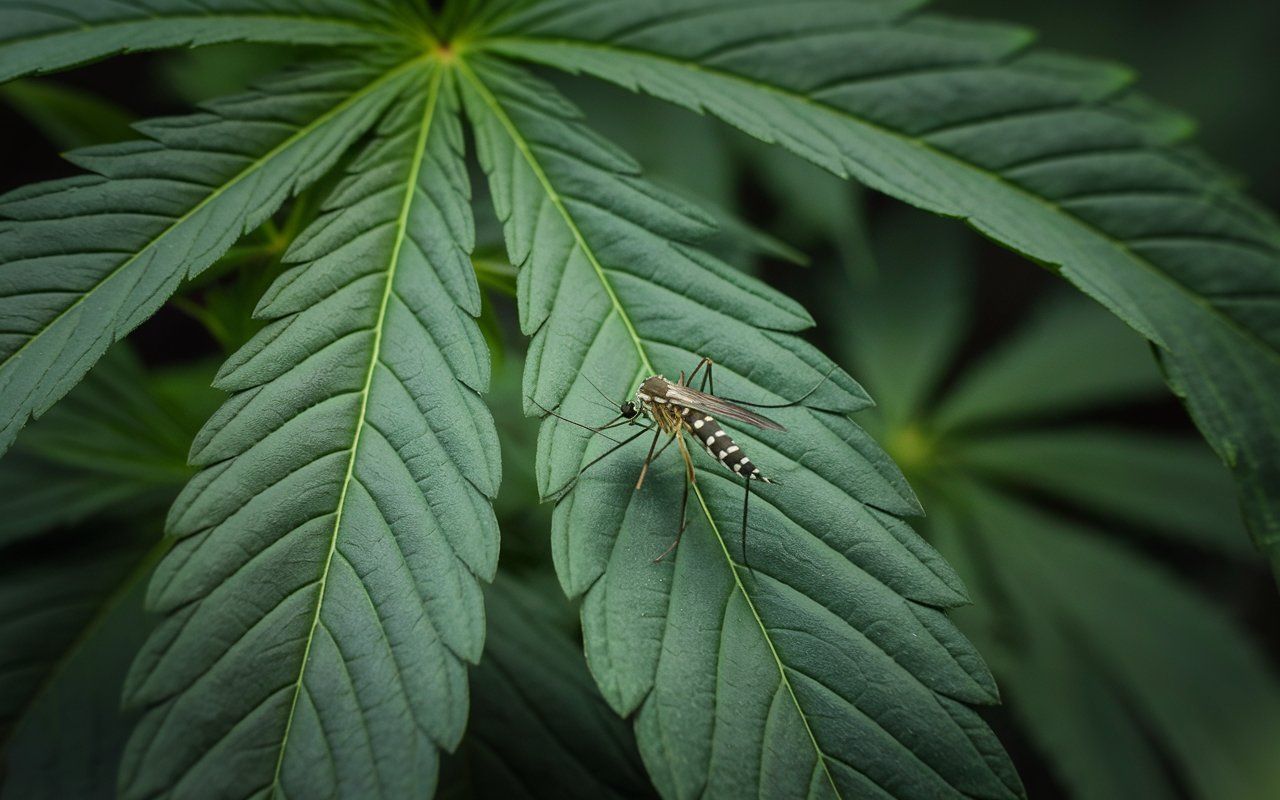Follow us on Google News (click on ☆)
American researchers observed that even a tiny amount of CBD killed the larvae. A natural and effective weapon to counter pests.

Scientists tested several concentrations of hemp extract on mosquito larvae. The results show that even mosquitoes resistant to conventional insecticides do not survive it.
The process is simple: hemp leaves are crushed and soaked in a methanol solution. This mixture, rich in cannabidiol, is then incorporated into the larvae's food.
Mosquitoes, which are proliferating due to climate change, are vectors of serious diseases like dengue and Zika. Killing them at the larval stage is therefore essential to curb their spread.
CBD thus appears to be a less polluting and more sustainable solution than current insecticides. Moreover, hemp cultivation is relatively economical.
However, further studies need to verify the impact of CBD on pollinators such as bees. It is crucial that its use to combat mosquitoes does not negatively affect these other animals: a massive elimination of these insects could disrupt ecosystems.
Researchers hope that this discovery will encourage the development of new methods to fight mosquitoes without undesirable side effects for the environment.
What is CBD and why is it used to fight mosquitoes?
Cannabidiol (CBD) is a chemical compound extracted from hemp, a plant related to cannabis. Unlike THC, it does not have psychoactive effects, meaning it does not alter perception or cognitive functions.
CBD is widely used in medical fields for its soothing, anti-inflammatory, and analgesic properties. In the fight against mosquitoes, it has shown an unexpected ability to kill larvae, even at very low concentrations, possibly by interfering with their metabolism.
Researchers believe this action could prevent mosquito larvae from developing into adults, thus limiting the spread of the diseases they transmit. This approach, which is more natural than chemical insecticides, could be used in areas particularly affected by mosquitoes resistant to conventional solutions.